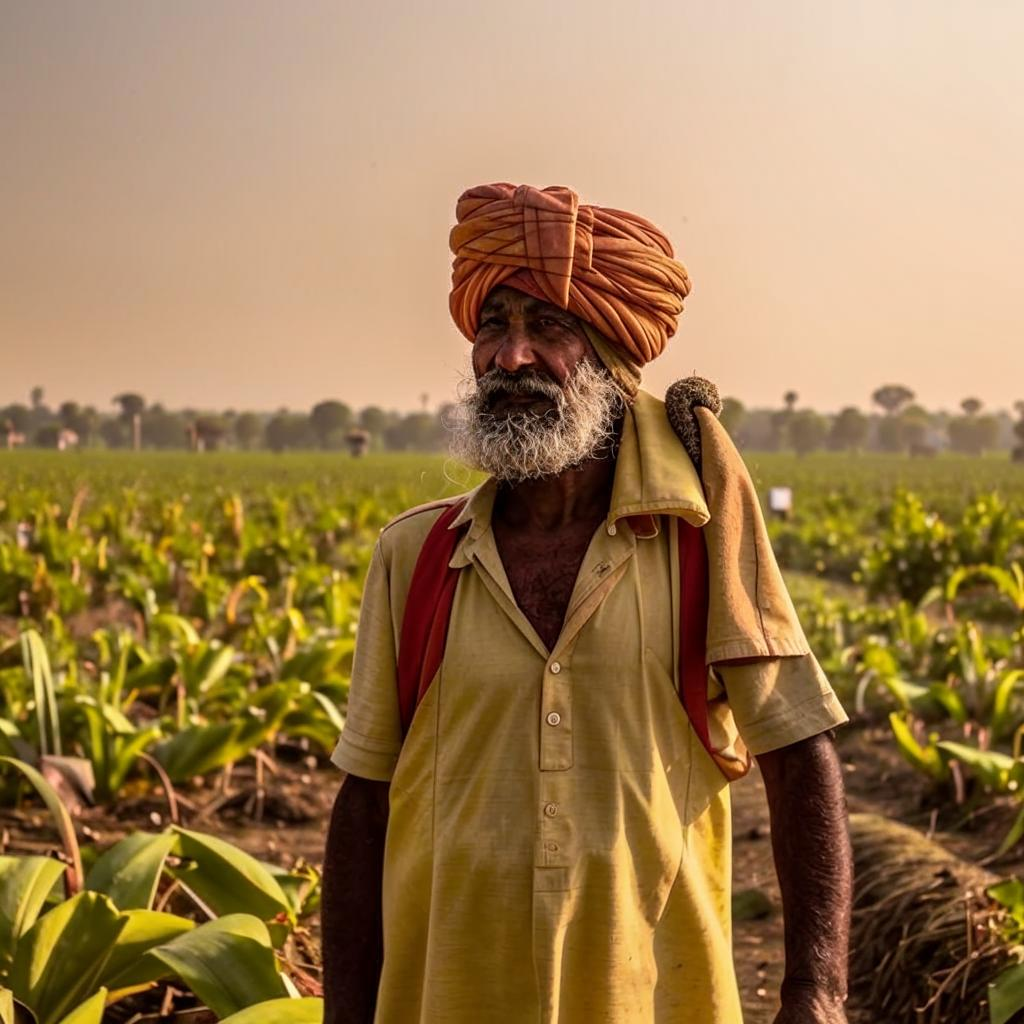Pakistan and India are grappling with intense heat waves, with climate change being a significant factor. The extreme temperatures, arriving earlier than usual in the spring, have caused widespread disruption and raised concerns about public health and food security.
Scientists point to climate change as a driver of these increasingly frequent and severe heat waves. Rising global temperatures exacerbate the conditions, making these events more likely to occur. The consequences are dire, particularly for vulnerable populations.
In Pakistan, temperatures have soared above 49 degrees Celsius (120 degrees Fahrenheit), straining power grids and causing water shortages. India has also witnessed record-breaking heat, impacting agricultural production and forcing school closures.
The heat waves pose a significant threat to human health, with heatstroke and dehydration becoming major concerns. Outdoor workers and those without access to cooling are particularly at risk. Additionally, the extreme heat can damage crops, leading to food shortages and economic hardship.
These events highlight the urgent need for action to address climate change. Reducing greenhouse gas emissions and investing in adaptation measures are crucial to mitigate the impacts of extreme weather events. International cooperation and policy changes are essential to protect vulnerable populations and build resilience to a changing climate. The situation in Pakistan and India serves as a stark reminder of the devastating consequences of climate inaction. Finishtit












